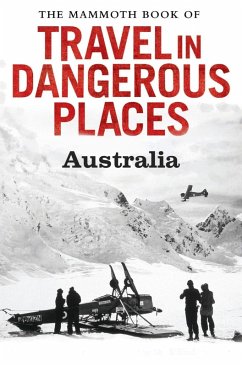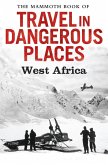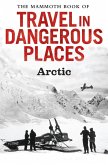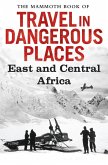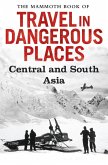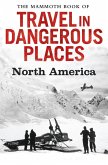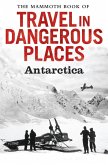The son of a Yorkshire farm labourer, Cook won distinction as a naval hydrographer but was still a controversial choice to command a voyage of scientific observation to the Pacific in 1768. Its results, including the first coastal surveys of New Zealand and eastern Australia, led to a second voyage to the south Pacific and a third to the north Pacific, during which he was killed in a fracas with the Hawaiians. It was a tragic end for one whose humble origins disposed him to respect indigenous peoples. "They are far happier than we Europeans", he noted of Australia's aborigines following a brief encounter at Botany Bay (Sydney), the first European landing on the Pacific coast, in 1770.
Escape from the Outback - Charles Sturt
After pioneering journeys to the Darling and Murray rivers, in 1844-5 Sturt headed north for the heart of Australia. Since the continent appeared to have few seaward draining rivers it was assumed that, alike Africa, it must boat an inland lake region; a boat was therefore included amongst the expeditions equipment. But Sturt failed to reach the geographical centre of the continent, and the largest stretch of water found was at Coopers Creek, later to figure so prominently in the endeavours of Burke and Wills. Sturt's painful retreat during the hottest summer on record formed a fitting prelude to the Wills saga.
Death at Coopers Creek - William John Wills
In early 1861 Robert O'Hara Burke, William Wills and John King reached Australia's northern coast on the Gulf of Carpentaria, thus completing the first transcontinental crossing. Returning the way they had come, after four months of appalling hardship they staggered into Sturt's Coopers Creek where men and supplies had been left to await their return. They were just eight hours too late; the relief party, despairing of their return, had left that very morning. One of exploration's most poignant moments was followed by one of its most protracted tragedies as the expedition tried to extricate itself, failed, faded, and died. Only King survived; three months later he was discovered living with the aborigines; Will's heartbreaking journal was found lying beside his skeleton.
To See the Sea - John McDouall Stuart
Modest, dedicated, immensely tough and thoroughly congenial, Stuart was very much an explorer's explorer. With little support or fuss he began probing north from Adelaide in the late 1850's. In 1860 he was the first to reach the centre of the continent, thus completing the work of Sturt. Although Burke and Wills just beat him in the race to cross the continent, Stuart's 1862 route was much longer and more difficult; and he did actually reach the sea. He was also to return alive.
Dieser Download kann aus rechtlichen Gründen nur mit Rechnungsadresse in A, B, BG, CY, CZ, D, DK, EW, E, FIN, F, GR, HR, H, IRL, I, LT, L, LR, M, NL, PL, P, R, S, SLO, SK ausgeliefert werden.

